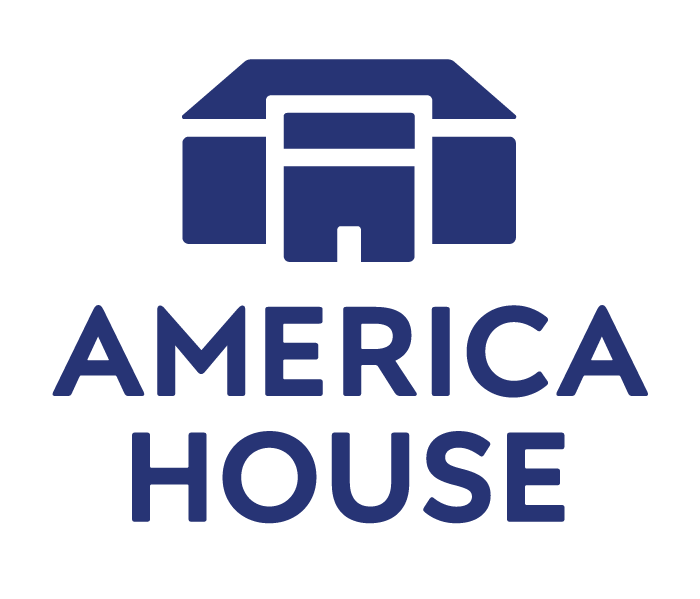TED Talk: Go ahead, make up new words!
Every language is essentially a group of people that “agree to understand” each other. What's a word and what’s not a word is essentially decided by the speakers of that particular language. In the Ted Talk “Go ahead, make up new words!”, lexicographer Erin Mckean explains how language adapts and how new words are added to the dictionary. In her opinion, words are created everyday by individuals throughout the world. She urges us to make up new words and that the English language has no age limit. Check out the full TED talk below!
Newly Added Words to the Webster dictionary:
Hangry (Adjective)- Irritable or angry because of hunger.
Adorbs (Adjective)- Extremely charming or appealing.
Bougie (Adjective)- Marked by a concern for wealth, possessions, and respectability (comes from bourgeoisie).
Instagramming (Verb)- to post a picture to the Instagram photo-sharing service.
Time Suck (Noun)- An activity to which one devotes a lot of time that might be better or more productively spent doing other things.
Bingeable (Adjective)- Having multiple episodes or parts that can be watched in rapid succession: suitable for binge watching.
Force Quit (Verb)- To force an unresponsive computer program to shut down.
Rando (Noun)- A random person (Who seems unwelcomed or unprompted).
Mocktail (Noun)- An iced drink made with any various ingredients but without alcohol.
TL;DR (Abbreviation)- Too long; Didn’t read (Used to say that something would require too much time to read).
Vocabulary:
Lexicographer- a person who compiles dictionaries.
Borrowing- Process of speakers adopting words from a source language into their native language.
Compound- any combination of two or more words that function as a single unit of meaning.
Grammar- System and structure of a language consisting of syntax and morphology.
Blend Words- words created by combining two separate words with different meanings to form a new one.
Functional Shift- a shift in the use of a word to a new grammatical function.
Back Formation- a word that is formed from an already existing word from which it appears to be a derivative, often by removal of a suffix.
ABOUT THE AUTHOR
Brendyn Lupe is a senior at American University, studying International Relations and French. He likes reading, playing the piano, and hanging out with his friends during his free time.


